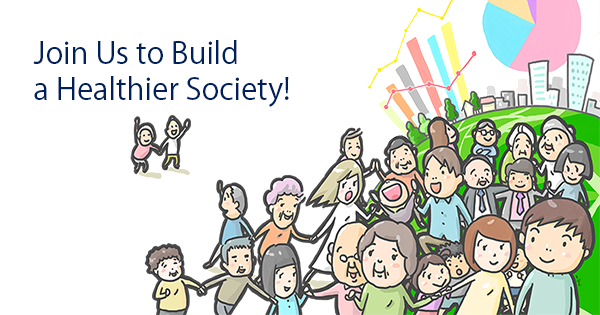A paper by Research Fellow Andrew Stickley has been published in SSM Population Health.
This study was undertaken by researchers from the Department of Social Epidemiology at Kyoto University (Dr Andrew Stickley, Professor Naoki Kondo, Dr Mariko Kanamori, Dr Shiho Kino, Doctoral Student Yuki Arakawa) together with colleagues from the National Centre for Global Health and Medicine (Dr Yosuke Inoue) and the London School of Hygiene and Tropical Medicine (Professor Martin McKee).
Results showed that compared to individuals who had no worry about crime, those who had a high level of worry were significantly more likely to be lonely.
The results of this research highlight the close link between crime-related factors and health and wellbeing and lend support to the recent call for public health and law enforcement to work more closely together.
Andrew Stickley, Naoki Kondo, Yosuke Inoue, Mariko Kanamori, Shiho Kino, Yuki Arakawa, Martin McKee.Worry about crime and loneliness in nine countries of the former Soviet Union. SSM Population Heallth. 2023 Mar; 21:101316.
https://doi.org/10.1016/j.ssmph.2022.101316
Abstract
Worry about crime has been linked to several detrimental outcomes including worse mental health. However, there has been little research on the association between worry about crime and loneliness, even though loneliness is increasingly being recognised as a serious public health issue. To address this deficit, this study examined the association between worry about crime and loneliness in nine countries of the former Soviet Union (FSU – Armenia, Azerbaijan, Belarus, Georgia, Kazakhstan, Kyrgyzstan, Moldova, Russia, and Ukraine), using data from 18,000 respondents aged 18 and above that were collected during the Health in Times of Transition (HITT) survey in 2010/11. Results from a pooled logistic regression analysis showed that compared to those who reported no worry about crime, individuals with a high level of worry had significantly higher odds of loneliness (odds ratio [OR]: 1.43, 95% confidence interval [CI]: 1.17–1.75). Sex- and age-stratified analyses further showed that the association was observed in women with a mid (OR: 1.37, 95%CI: 1.10–1.71) and a high level (OR: 1.70, 95%CI: 1.33–2.17) of worry about crime but not in men, and that a high level of worry about crime was linked to loneliness in adults aged 35–59 (OR: 1.39, 95%CI: 1.02–1.91) and 60 and above (OR: 1.64, 95%CI: 1.12–2.40) but not in those aged 18–34. High levels of worry about crime are associated with loneliness in the FSU countries. Reducing crime and its associated worries may have important public health benefits in these countries.
Click here for press release.

